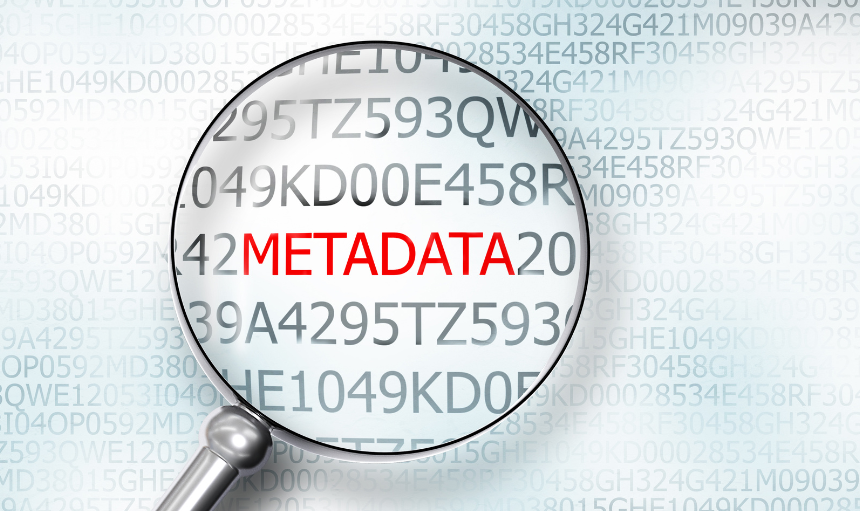
Unsung Hero! Metadata Management.
Metadata is often seen as the unsung hero of financial systems. After all, it’s not the data itself that’s important, but rather the information that data provides. Metadata is what helps us make sense of data, and it plays a vital role in everything from financial reporting to tax compliance. Yet despite its importance, metadata is often treated as an afterthought. When done correctly, metadata management can provide a wealth of insights that can help organizations make better decisions, improve efficiency, and save money. The bottom line is that when it comes to financial systems, metadata matters.
What is metadata management?
Metadata management is the process of organizing, storing, and maintaining metadata. Metadata is data that describes other data. It can be used to describe a wide range of information, including files, databases, and computer programs. Metadata management involves creating a system for storing and organizing metadata, as well as ensuring that it is accurate and up-to-date. Metadata management can be a complex task, but it is essential for anyone who wants to effectively manage their data. Metadata management systems can be used to track changes to data, aid in search and discovery, and facilitate regulatory compliance. By properly managing their metadata, organizations can ensure that their data is well-organized and accessible.
Metadata management discovered.
Metadata is often seen as a complex and confusing topic, but it doesn’t need to be! Metadata management can be simple and effective if you take the time to understand how your systems interact with each other. By thinking about how your proven systems can work together, you can create a metadata management plan that is both efficient and easy to use. So don’t let Metadata scare you – with a little effort, you can make it work for you!
Consistency of Data
Metadata is like the electricity of data systems: it’s essential but often invisible. Metadata is data that describes other data, and it’s critical for keeping information organized and accessible. However, metadata can be difficult to manage, especially in large ecosystems with multiple datasets. Metadata management tools can help to make the process easier, providing a central repository for metadata and ensuring consistency across datasets. In addition, these tools can help to automate the process of generating and updating metadata, making it easier to keep your data ecosystem up-to-date. As a result, investing in metadata management can pay off in terms of both efficiency and correctness.
Taken for Granted.
Metadata is the unsung hero of the digital age. It may not be flashy or exciting, but it plays a vital role in organizing and making sense of the billions of pieces of information that are created every day. Without metadata, we would be lost in a sea of data with no way to find the needle in the haystack. So, the next time you’re feeling overwhelmed by the sheer volume of information available at your fingertips, take a moment to appreciate the power of metadata – without it, you are spending time reconciling data between systems.

